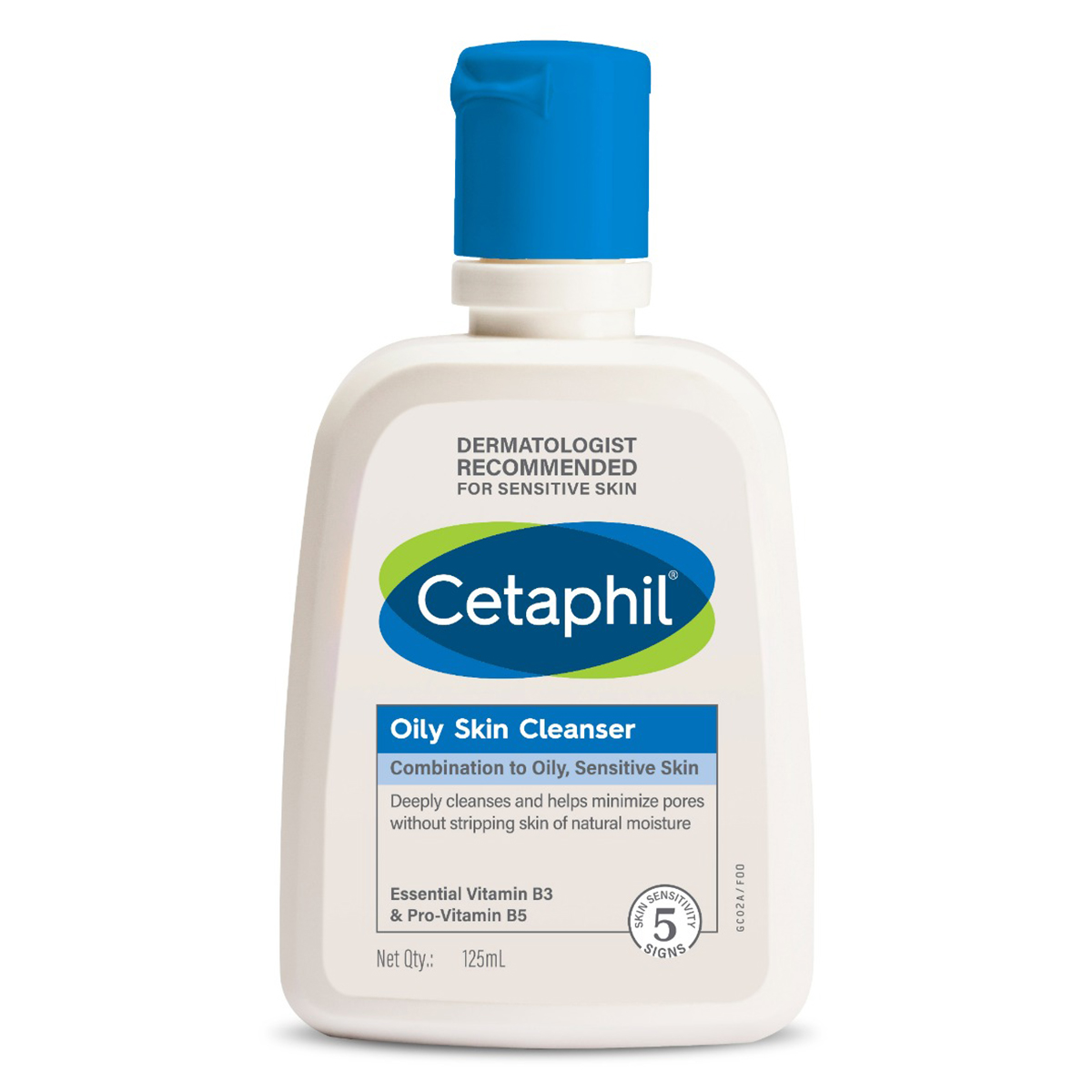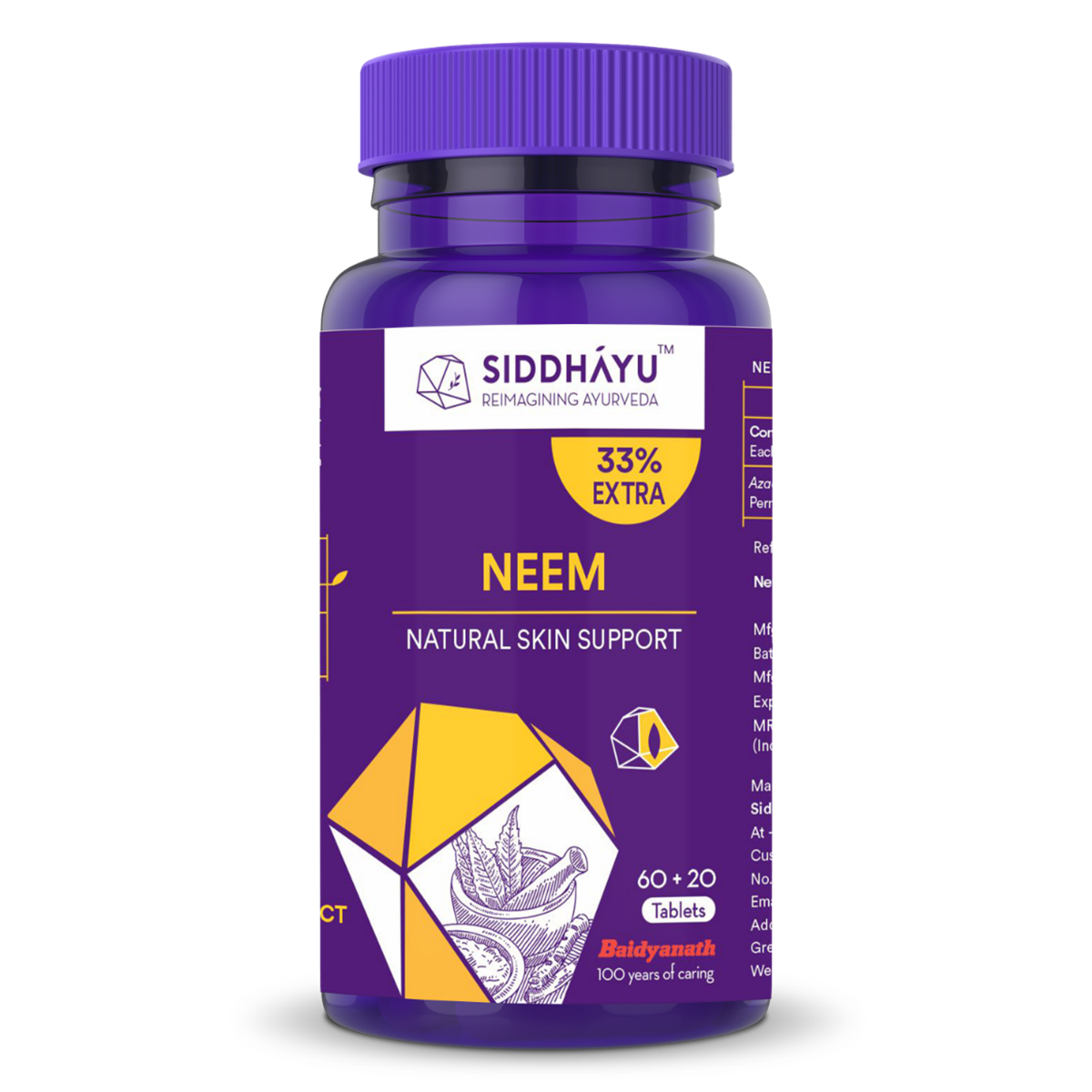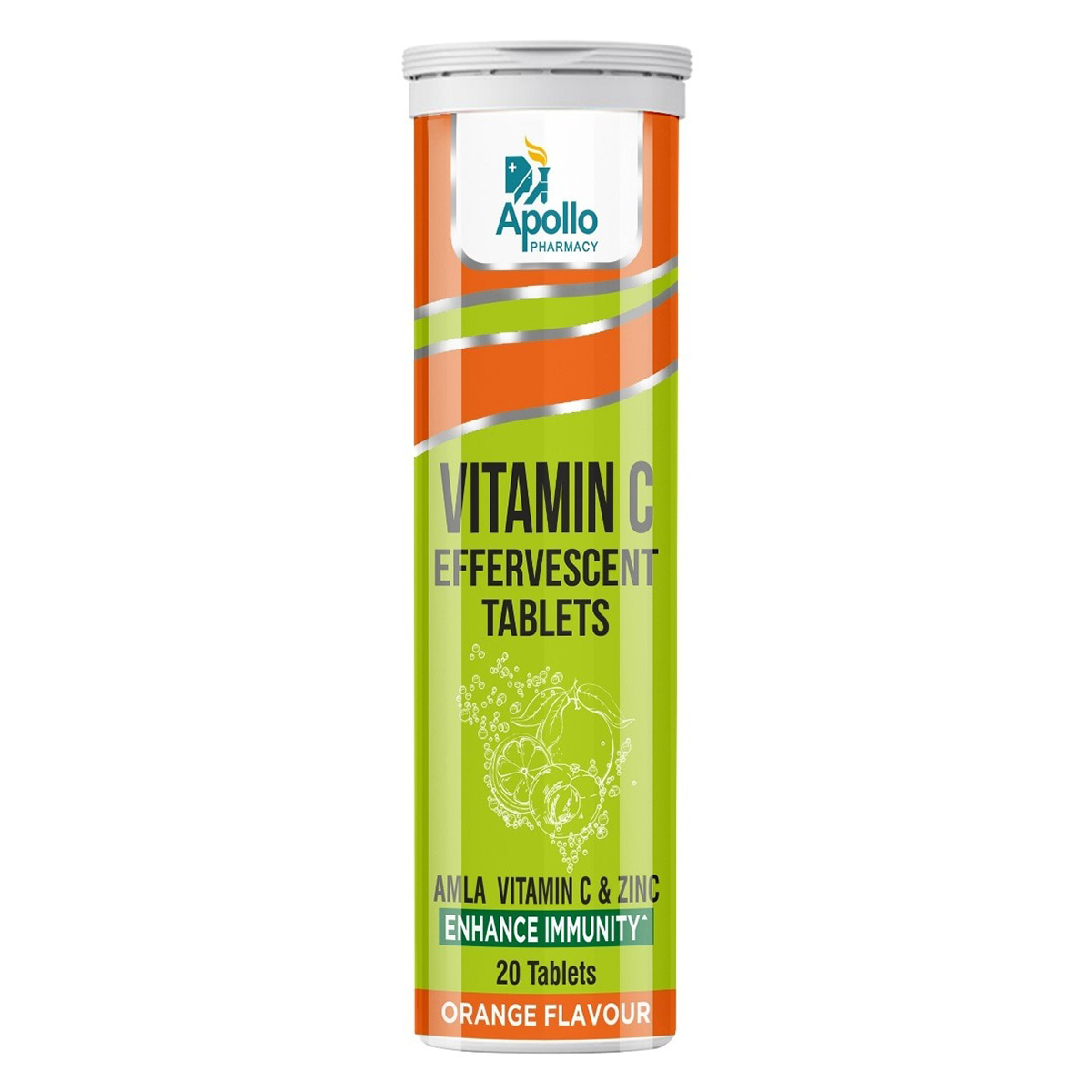AZAC CREAM

MRP ₹190
(Inclusive of all Taxes)
₹28.5 Cashback (15%)
know your delivery time
Provide Delivery Location
Composition :
Manufacturer/Marketer :
Consume Type :
Expires on or after :
Return Policy :

Secure Payment

Trusted by 8 Crore Indians

Genuine Products
Therapeutic Class
Country of origin
Manufacturer/Marketer address
Author Details
We provide you with authentic, trustworthy and relevant information
FAQs
AZAC CREAM contains 'Azelaic acid, an antibacterial medication used to treat acne (pimples) and rosacea. It kills bacteria, reduces inflammation and unplugs blocked pores. AZAC CREAM acts as a bactericidal agent and kills the bacteria that causes acne. It also has keratolytic (removes warts, calluses and other lesions), comedolytic (inhibits the formation of blemishes), and anti-oxidant activity.
Your doctor may advise the initial dose as once daily in the evening. The dose may be increased to twice or thrice daily in the morning and evening.
AZAC CREAM usually improves your skin condition in four weeks of treatment. If you notice no improvement after a month of treatment, please reach out to your doctor. For best results, the doctor may advise you to use AZAC CREAM regularly for several months.
It is advised to limit the use of products that contain large amounts of alcohol (astringents, shaving creams or after-shave lotions), hair removal products, and products containing lime or spices if you are using AZAC CREAM.
AZAC CREAM works by killing the bacteria responsible for acne. It also clears the pores of the skin and helps in reducing blackheads and whiteheads.
It is not recommended to use AZAC CREAM for the treatment of melasma. AZAC CREAM is only useful in treating acne, rosacea and its associated conditions.
Disclaimer
Alcohol
Safe if prescribed
No interaction was found/established.
Pregnancy
Consult your doctor
Please consult your doctor before using AZAC CREAM if you are pregnant or planning to conceive.
Breast Feeding
Consult your doctor
There are limited studies on how AZAC CREAM affects the breastfed infants. Please consult your doctor before using AZAC CREAM if you are breastfeeding. If you need to apply the cream or lotion on your breasts, don't do this shortly before giving a feed.
Driving
Safe if prescribed
AZAC CREAM usually does not interfere with your driving ability and is safe to use.
Liver
Consult your doctor
Let your doctor know if you have any history of liver diseases before using AZAC CREAM.
Kidney
Consult your doctor
Let your doctor know if you have any history of kidney diseases before using AZAC CREAM.
Children
Safe if prescribed
AZAC CREAM is not recommended for use in children as the safety and efficacy is not established.
About AZAC CREAM
AZAC CREAM belongs to the class of 'anti-acne medication', primarily used to treat acne (pimples) and rosacea (redness and visible blood vessels on the face). AZAC CREAM has antibacterial, keratolytic (removes warts, calluses and other lesions), comedolytic (inhibits the formation of blemishes), and anti-oxidant activity. It is used to clear bumps, lesions, and swelling caused by rosacea. Acne is a skin condition caused when the hair follicles are plugged with oil and dead skin cells. It can cause whiteheads, blackheads and pimples. Rosacea is a skin disease that causes redness, flushing, and pimples on the face.
AZAC CREAM contains 'Azelaic acid,' which is a bactericidal (kills bacteria) agent. It works by inhibiting the synthesis of microbial cellular proteins. AZAC CREAM clears the pores of bacteria that cause irritation and breakouts. It reduces inflammation making acne less visible, less red, and less irritated. AZAC CREAM also helps the skin renew itself and reduces pimple and blackhead formation.
AZAC CREAM is for external use only. Avoid contact with eyes, eyelids, lips, mouth and nose. If the medicine comes in contact with any of these areas, rinse with water immediately. Common side effects of AZAC CREAM include dryness, peeling, burning, irritation, itching, and redness at the application site. These side effects may not occur in every patient using this medication and differ individually. If the side effects persist longer or worsen, please seek a doctor’s advice.
Please tell your doctor if you are allergic to AZAC CREAM or its components that may cause skin irritation. AZAC CREAM can make the skin change colour, especially when the skin is dark in colour. Please limit the use of products that contain large amounts of alcohol (astringents, shaving creams or after-shave lotions), hair removal products, and products containing lime or spices while using AZAC CREAM. Keep AZAC CREAM away from flames and extreme heat. It is essential to let your doctor know if you are pregnant, planning to conceive or a breastfeeding mother.
Uses of AZAC CREAM
Medicinal Benefits Mweb
Key Benefits
AZAC CREAM treats acne (pimples) and rosacea (redness and visible blood vessels on the face). It contains 'Azelaic acid', a dicarboxylic acid with antibacterial, keratolytic (removes warts, calluses and other lesions), comedolytic (inhibiting the formation of blemishes), and anti-oxidant activity. AZAC CREAM is bactericidal and inhibits the synthesis of microbial cellular proteins. It clears the pores of bacteria that cause irritation and breakouts. It also reduces inflammation making acne less visible, less red, and less irritated. AZAC CREAM also helps the skin renew itself and reduces pimple and blackhead formation.
Directions for Use
Side Effects of AZAC CREAM
- Dryness
- Peeling
- Burning
- Irritation
- Itching
- Redness at the application site
Drug Warnings
Do not use AZAC CREAM if you are allergic to AZAC CREAM or any of its components. Please inform your doctor if you are using any prescription and non-prescription medications you are taking, including vitamins, before starting AZAC CREAM. AZAC CREAM can make the skin change colour especially when the skin is dark in colour. It is recommended to avoid tanning booths and sunlamps. Do not apply AZAC CREAM on the irritated and sunburned skin. Please limit the use of products that contain large amounts of alcohol (astringents, shaving creams or after-shave lotions), hair removal products, and products containing lime or spices while using AZAC CREAM. Pregnant and breastfeeding women should consult their doctor before using AZAC CREAM.
Drug-Drug Interactions
Drug-Drug Interactions
Login/Sign Up
Drug-Food Interactions
Drug-Food Interactions
Login/Sign Up
Drug-Diseases Interactions
Drug-Diseases Interactions
Login/Sign Up
Drug-Drug Interactions Checker List
- ISOTRETINOIN
- SPIRONOLACTONE
Habit Forming
Special Advise
Consult your dermatologist if you do not notice any improvement after 4-6 weeks of treatment with AZAC CREAM.
Diet & Lifestyle Advise
- Avoid harsh products on your skin.
- Do not share cosmetic products, face towels, and bathing bars.
- Manage stress, eat healthily, drink plenty of water, exercise regularly, and get plenty of sleep.
- Avoid or limit the intake of alcohol and caffeine.
- Rinse your face with water several times a day to avoid breakouts.
- Do not scratch or pick your skin to avoid infecting the affected area.
- Hydration is important in managing acne; hence drink 3-4 litres of water daily to eliminate toxins from the body.
- Include anti-inflammatory foods in your diet.
All Substitutes & Brand Comparisons

Have a query?
Frequently Bought Together
₹587.2
MRP ₹699
16% off
1
+Customers Also Bought









